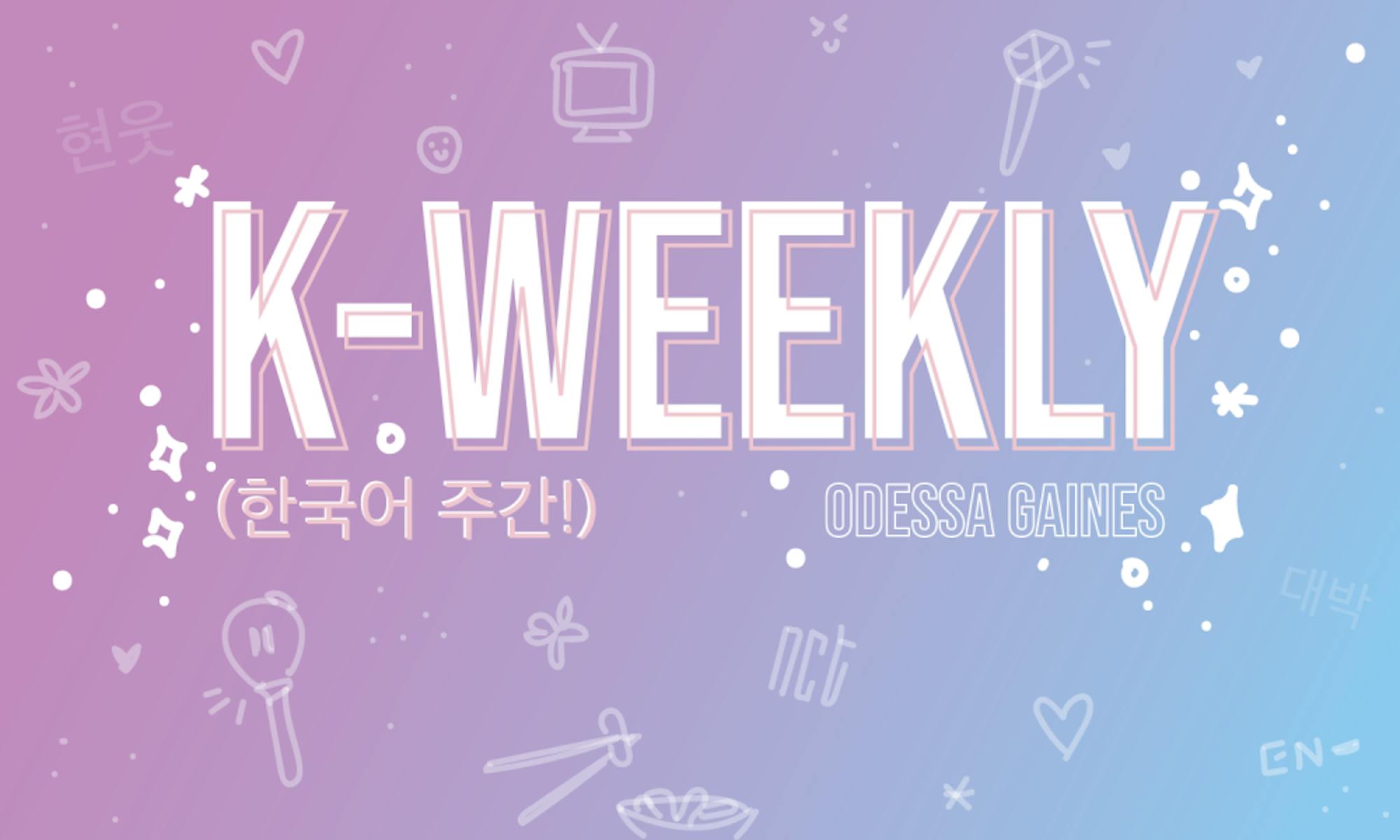Let’s talk about CocaNButter.
This new girl group debuted on Oct. 6, 2022, under MLD Entertainment. Made up of Ri.hey, ZSun, Gaga and Bicki, the group made an immediate impact with its eye-catching concept: Black cultural appropriation.
What exactly is cultural appropriation?
Britannica defines it as “when members of a majority group adopt cultural elements of a minority group in an exploitative, disrespectful or stereotypical way.” Although the group may not be seen as 'the majority,' it cannot be denied that their actions in adopting Black and African cultural elements and presenting them in ways that are exploitative, disrespectful and stereotypical in order to make a profit line up with this definition.
So, what cultural elements did they abuse? Firstly, members of the group promoted themselves while wearing a traditional Black and African hairstyle — box braids — and headwear. Hairstyles in the African diaspora hold much cultural and historical weight, with one of the most notable styles being box braids. Box braids, which involves adding synthetic hair to one’s natural hair, are a protective style that dates back to 3500 BC in South Africa.
Additionally, the members are also seen wearing traditional African headwear, which is a form of cultural protective styling and fashion.
While Black women have continuously been discriminated against for their hairstyles and headwear, those outside the diaspora have been praised for the same, stolen styles. Black women are labeled as “ghetto” for these styles, while others are called “chic” or “cool.” Members of the African diaspora are condemned for expressing their own culture while this group is wearing African culture as a costume to draw in a fanbase and make a profit.
The actions taken by CocaNButter and MLD Entertainment are clearly cultural appropriation. Wearing these traditional Black and African hairstyles and headwear is a form of blackface or cosplaying as Black and/or African people. For their promotions and debut, the members put on a stereotypical Black persona, creating a harmful and uniform image of an extremely diverse and culturally rich community.
Even more glaringly, the group’s name itself is a disrespectful act toward the African diaspora. Cocoa butter, similar to shea butter, originated in Africa and has been used for centuries by the African diaspora to nourish and moisturize skin. Made from cocoa beans, this product is a staple in many households. By using this name for their group, CocaNButter is both stealing from and disrespecting African history and culture.
From the stolen hairstyles to the group name to even the debut title track name “Mi Deh Yah,” CocaNButter is a perfect example of Black cultural appropriation in the K-pop industry — of taking without respect to culture.
There is a difference between cultural appreciation and cultural appropriation and with Black American influence in K-pop as a whole, the industry must do better to show appreciation to the diaspora. However, in doing so, it needs to make sure idols and companies are not blurring the line between the two. Not only did CocaNButter and MLD Entertainment cross this line — they leaped over it.






